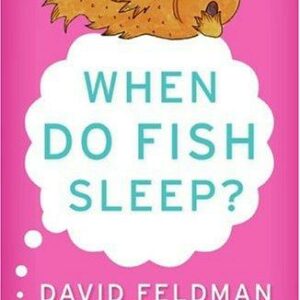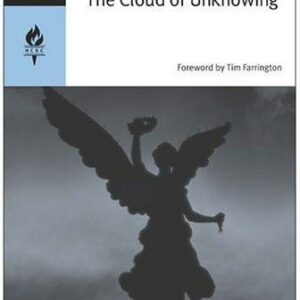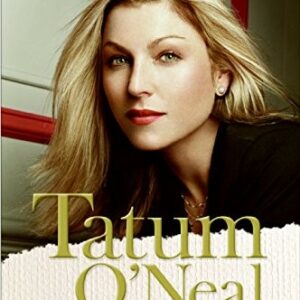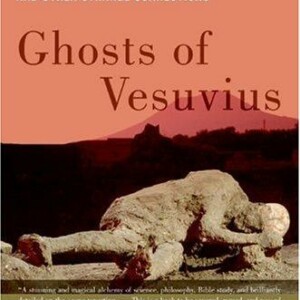Free Speech
$15.00
| Title | Range | Discount |
|---|---|---|
| Trade Discount | 5 + | 25% |
- Description
- Additional information
Description
Speech is the life blood of democracy, but only if we understand its true meaning, and its role in sustaining our government. Key texts from the U.S. Supreme Court, John Stuart Mill, Alexander Meiklejohn, Ida B. Wells and Charles Lawrence illuminate the immediate questions and pressing issues of free speech.
A Penguin Classic
With the Penguin Liberty series by Penguin Classics, we look to the U.S. Constitution’s text and values, as well as to American history and some of the country’s most important thinkers, to discover the best explanations of our constitutional ideals of liberty. Through these curated anthologies of historical, political, and legal classic texts, Penguin Liberty offers everyday citizens the chance to hear the strongest defenses of these ideals, engage in constitutional interpretation, and gain new (or renewed) appreciation for the values that have long inspired the nation. Questions of liberty affect both our daily lives and our country’s values, from what we can say to whom we can marry, how society views us to how we determine our leaders. It is Americans’ great privilege that we live under a Constitution that both protects our liberty and allows us to debate what that liberty should mean.
Series Introduction by Corey Brettschneider
Introduction by Corey Brettschneider
A Note on the Text
FREE SPEECH
Part I: Frameworks of Free Speech
U.S. Constitution Speech or Debate Clause, Art. 1 Sec. 6, and First Amendment (1787)
On Liberty, by John Stuart Mill (1859)
Free Speech and Its Relation to Self-Government, by Alexander Meiklejohn (1948)
Brandenburg v. Ohio (1969)
Part II: The Press
The Alien Act (1798)
The Sedition Act (1798)
The Virginia Resolution—Alien and Sedition Acts (1798)
The Kentucky Resolution—Alien and Sedition Acts (1799)
New York Times Company v. Sullivan (1964)
Part III: Race and Gender
“Plea for Freedom of Speech in Boston,” by Frederick Douglass (1860)
“Lynch Law in All Its Phases,” by Ida B. Wells (1893)
“Model Antipornography Civil Rights Ordinance,” by Catherine MacKinnon (1983)
“If He Hollers Let Him Go,” by Charles Lawrence (1990)
Virginia v. Black (2003)
Part IV: Security and Wartime
Schenck v. United States (1919)
Abrams v. United States (1919)
Acknowledgments
Unabridged Source MaterialsCorey Brettschneider is a professor of political science at Brown University, where he teaches constitutional law and politics, as well as visiting professor of law at Fordham Law School. He has also been a visiting professor at Harvard Law School and the University of Chicago Law School. His recent writing has appeared in The New York Times, Politico, and The Washington Post. He is the author of The Oath and the Office: A Guide to the Constitution for Future Presidents. He is also the author of two books about constitutional law and civil liberties and numerous articles that appear in top academic journals and law reviews. His constitutional law casebook is widely used in classrooms throughout the United States. Brettschneider holds a PhD in politics from Princeton and a JD from Stanford Law School.US
Additional information
| Weight | 5.2 oz |
|---|---|
| Dimensions | 0.5300 × 4.2800 × 7.3800 in |
| Imprint | |
| ISBN-13 | |
| Author | |
| Audience | |
| BISAC | |
| Subjects | American politics, civil rights, Politics in America, free speech, government, geopolitics, essays, political books, political science books, international politics, injustice, law enforcement, political philosophy, world politics, american government, american political thought, american government and politics, POL035000, gerrymandering, Sociology, philosophy, politics, feminism, civil rights movement, culture, US government, education, social justice, law, parenting, activism, identity, POL030000, race, justice, economics, political science, labor |
| Format |











